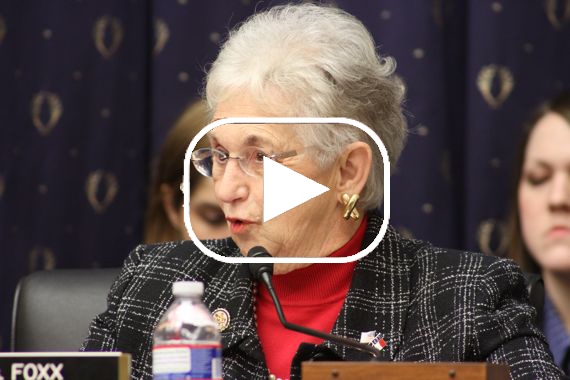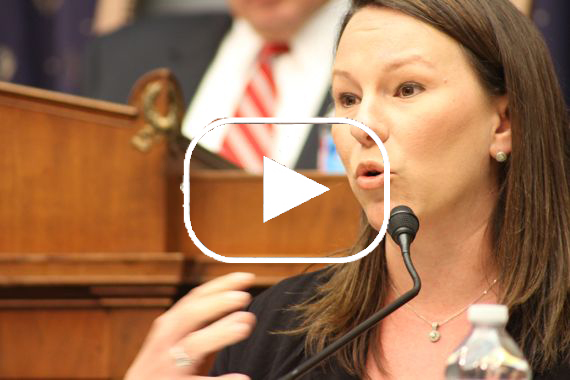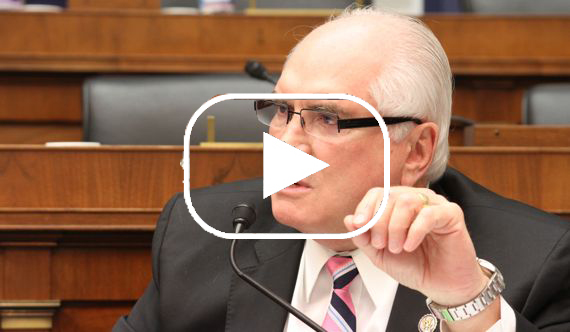Press Releases
Committee Republicans Question Administration’s Budget, Education Policies
WASHINGTON, D.C.,
March 28, 2012
The House Committee on Education and the Workforce, chaired by Rep. John Kline (R-MN), today held a hearing to discuss the administration’s Fiscal Year 2013 budget and policy priorities for the Department of Education. The Honorable Arne Duncan, Secretary of Education, testified during the hearing.
In his budget proposal, the president has requested $69.8 billion in discretionary spending for the Department of Education, a $1.7 billion increase over last year’s funding level. This is in addition to $13.3 billion in additional mandatory spending for Pell Grants, bringing the total budget request to $83 billion – a 40 percent increase from Fiscal Year 2008. Republicans have long been concerned about the growing federal role in education. As Chairman Kline stated, “When we met this time last year… my colleagues and I reiterated our support for a less costly, less intrusive federal role in the nation’s classroom. The committee has since worked to eliminate unnecessary programs and reduce federal intervention in schools and colleges… Regrettably, the administration has taken a markedly different course, advancing several programs and initiatives that make the federal role in education more costly and more intrusive.” At today’s hearing, committee Republicans took the opportunity to discuss their priorities in elementary, secondary, and higher education with Secretary Duncan. Repealing Costly Regulations on Colleges and Universities Rep. Virginia Foxx (R-NC), chairwoman of the Subcommittee on Higher Education and Workforce Training, brought up the important issue of college affordability. Speaking to Secretary Duncan, she decried the cost of onerous federal regulations placed on colleges and universities, costs that could trickle down to students’ tuition and fees. Foxx also expressed concern that overreaching federal regulations limit opportunities for institutions to develop accelerated learning programs that could help students complete their education more quickly, thereby incurring less debt.
“You’ve been talking a lot about affordability but yet you put in unnecessary rules and regulations… How do you square the fact that the administration promotes lower cost models of higher education delivery with the fact that you’re making it impossible for those innovative models to develop and operate? You’re talking out of both sides of your mouth.” – Rep. Foxx
“We have passed out of this committee five bills, [including] the Student Success Act and the Encouraging Innovation and Effective Teachers Act, [which have] put into action the words from your testimony today. As a member of this committee and on behalf of Alabama, we would appreciate your support and the administration’s support of putting that into action. We wouldn’t have a need for a waiver process if in fact we could get this reauthorization accomplished.” – Rep. Roby Ensuring Effective Use of Taxpayer Dollars
“Underlying fairness is to the American taxpayer and a return on their investment. They are not getting a very fair return on the investment they’re making in education. We keep spending money and we’re increasing the amount of money we’re spending… Since 1970, [student progress] has been fairly flat… Are we truly being fair to the people we represent back home?” – Rep. Kelly To learn more about today’s hearing, read witness testimony, or watch an archived webcast, visit www.republicans-edlabor.house.gov/hearings. ### |



